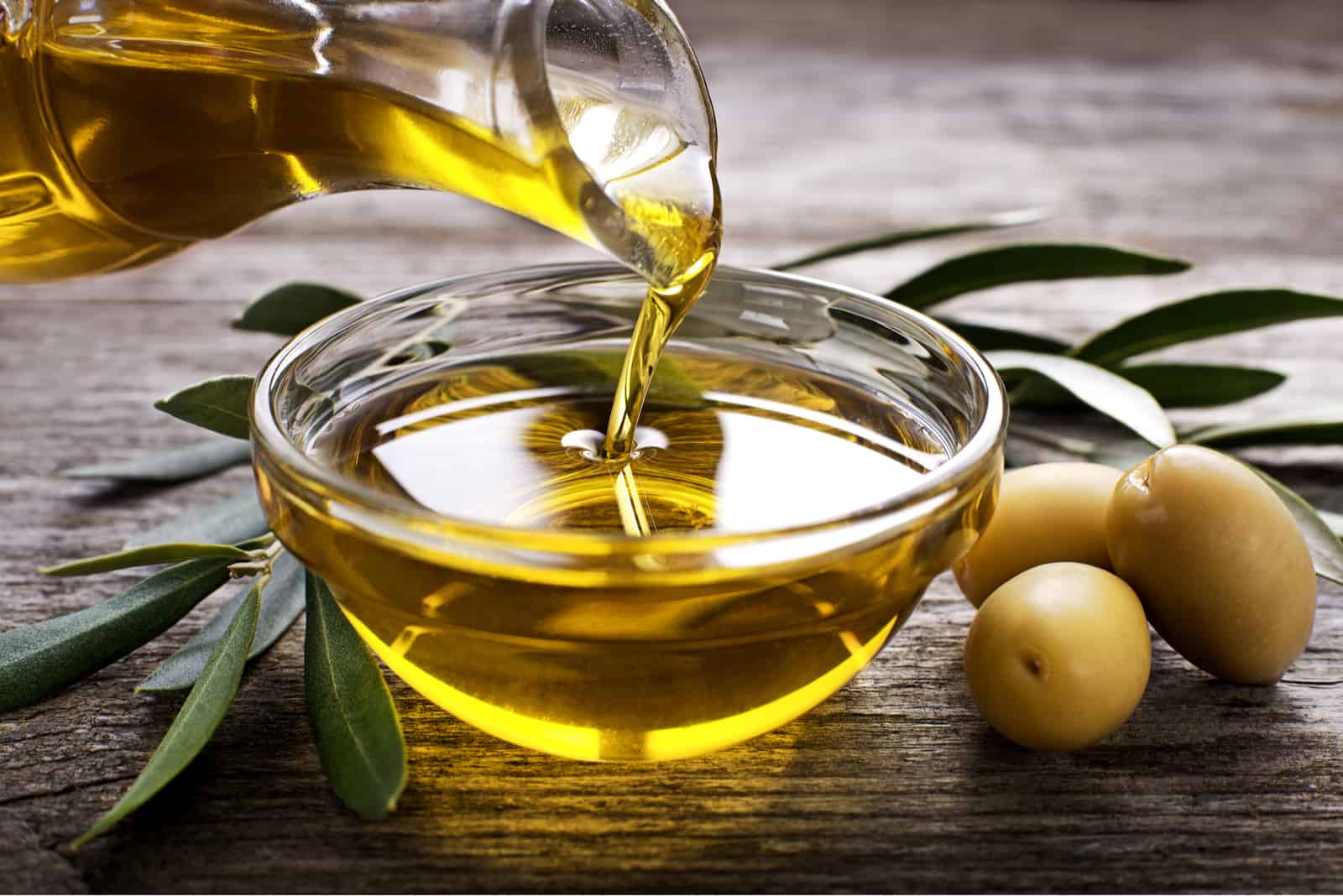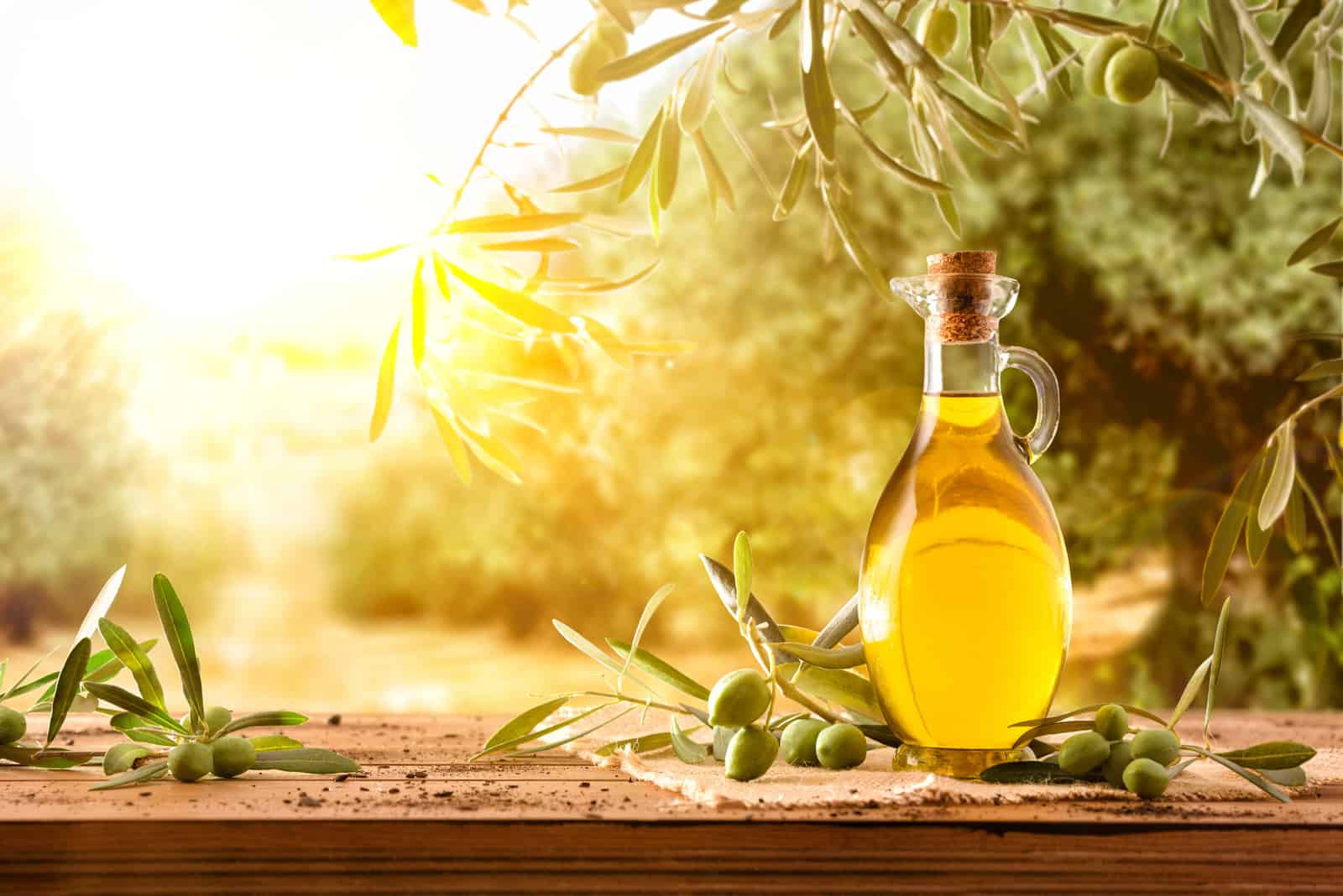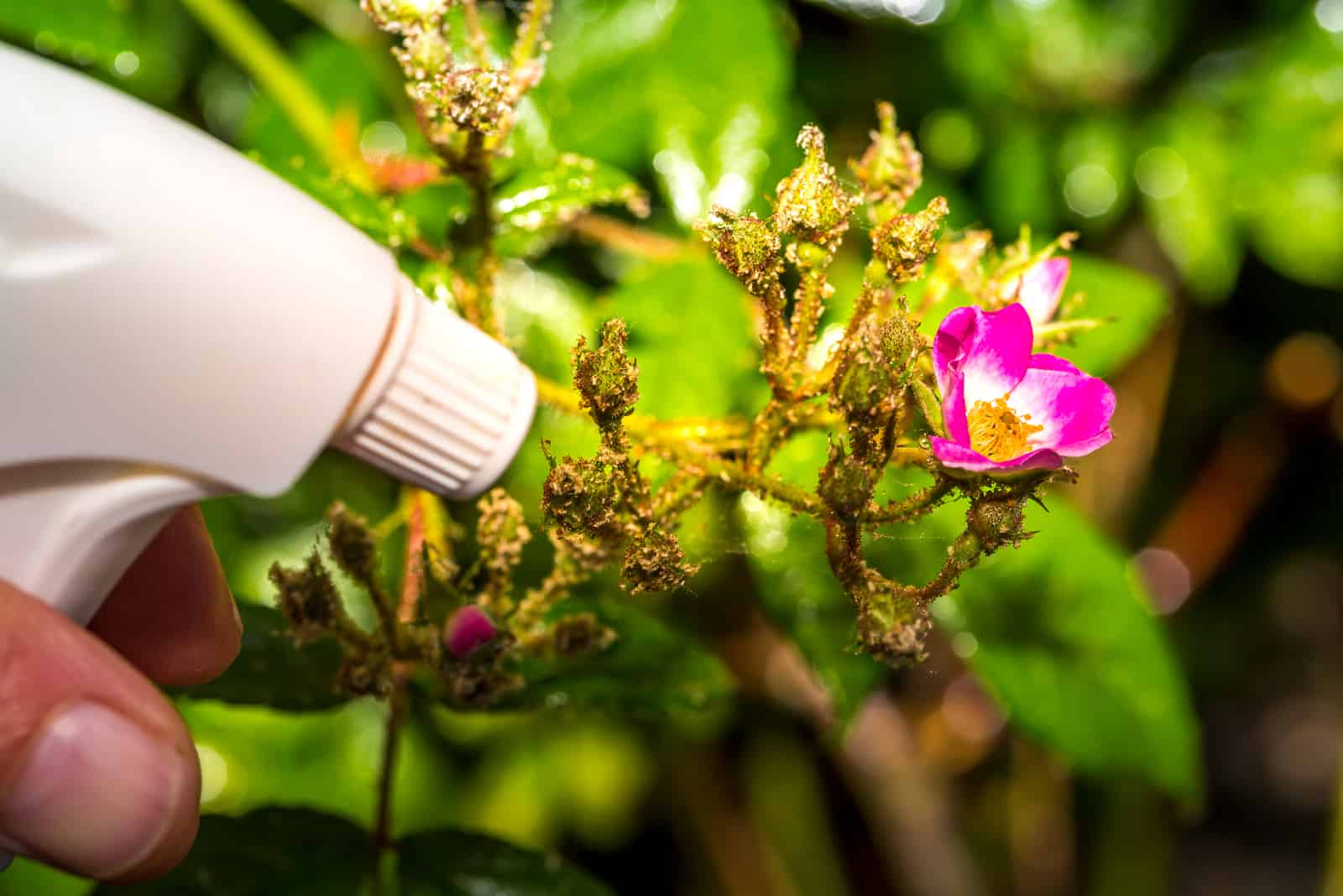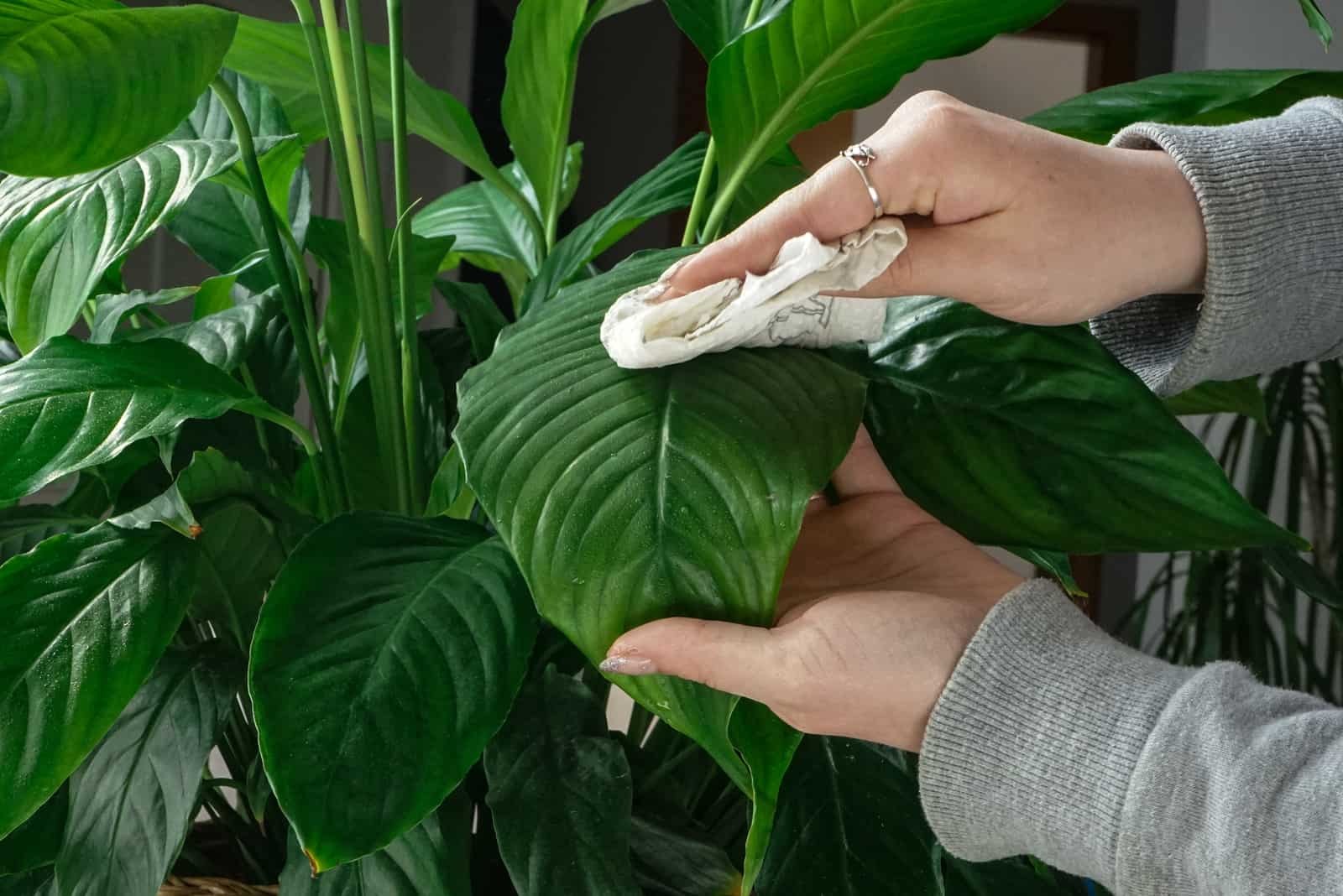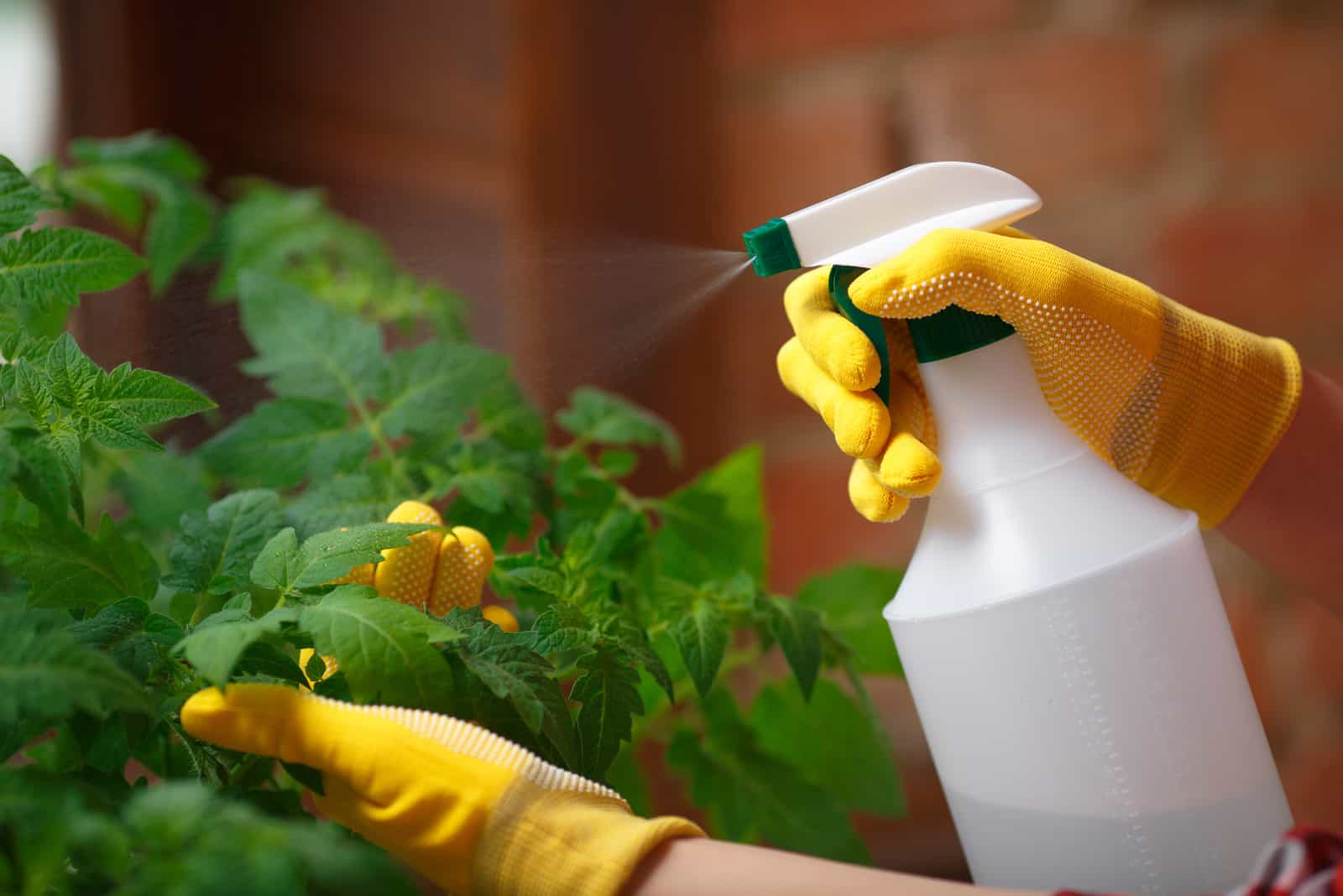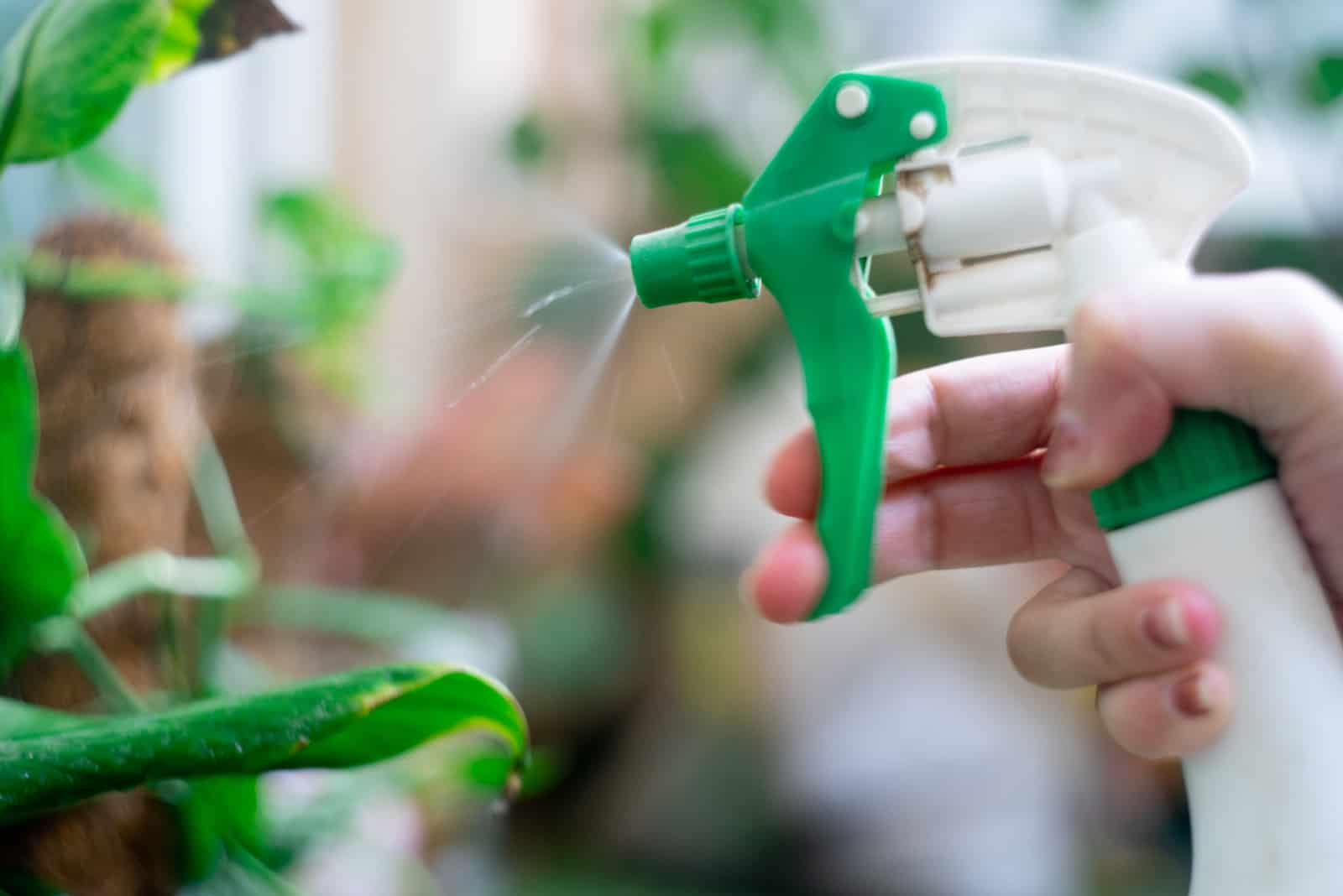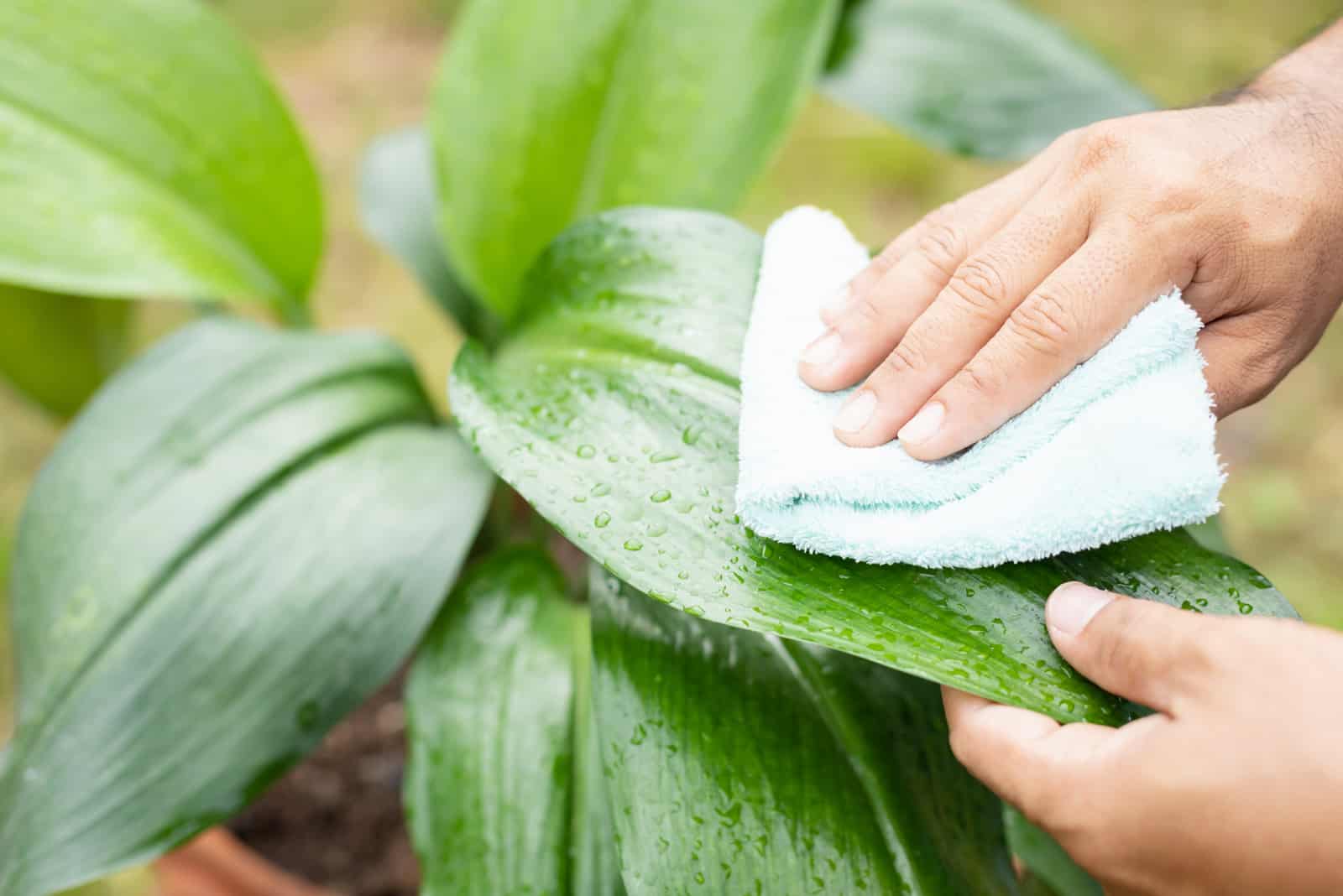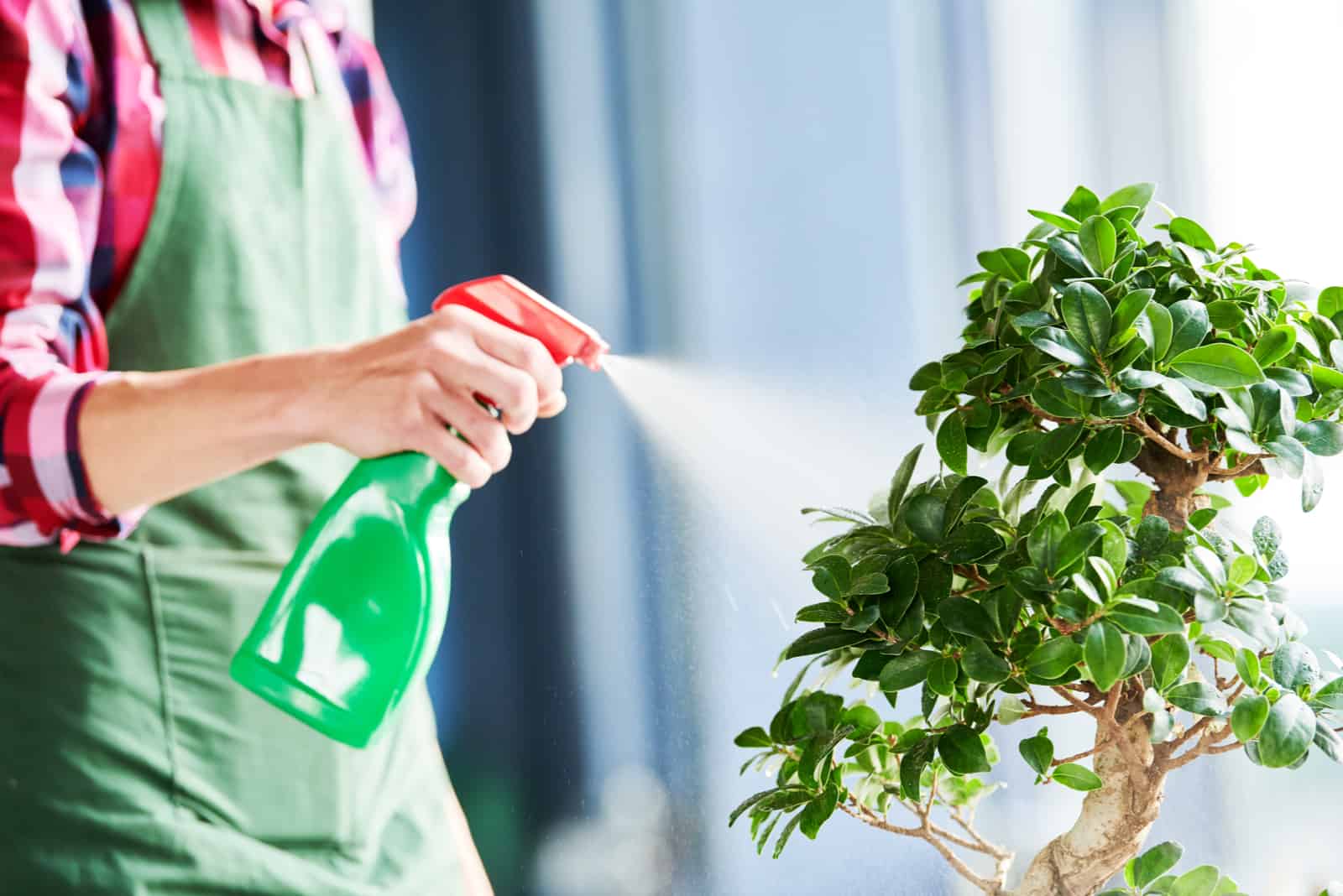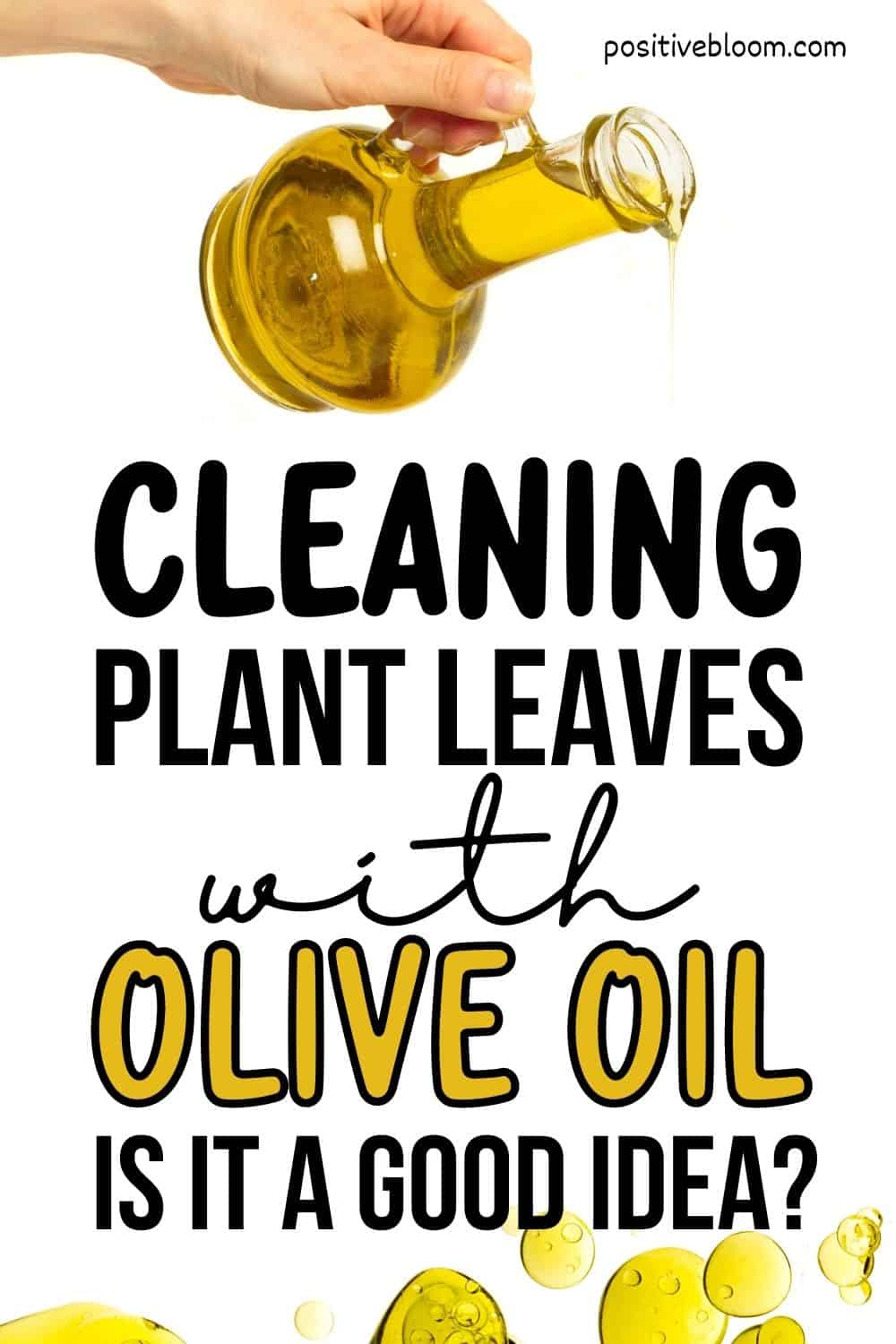You have probably heard that olive oil is extremely beneficial to our health, mainly because it is packed with vitamins, nutrients, and omega-3 fatty acids. But, does the same thing apply to plants?
Plants are truly amazing because they can sustain themselves via photosynthesis and absorbing essential nutrients from the soil. However, plants don’t have the ability to clean themselves; and we all know how much dust can build up on leaves!
Cleaning plant leaves with olive oil is something that has been done for a long time, however, it has its pros and cons. The leaves are definitely going to look shiny after cleaning them with olive oil, but there are some things that can affect the plant’s health.
Read on to discover the pros and cons of cleaning plant leaves with olive oil and some other great alternatives for getting shiny leaves!
Pros & Cons Of Cleaning Plant Leaves With Olive Oil
Some gardeners use olive oil to clean their plants, while others don’t want to see olive oil anywhere near their plants. After you have read our pros and cons list, you can decide whether you want to use olive oil on your plants.
I personally avoid applying olive oil to my plants because it has more drawbacks than benefits, but some might say that cleaning plant leaves with olive oil leads to nothing but leaf shine and that the method of applying it plays an important role in its effectiveness.
We will let you be the judge!
Pros Of Cleaning Plant Leaves With Olive Oil
There is no doubt that olive oil is packed with things that are great for your plants’ health. The three main components are vitamin E, vitamin K, and fatty acids.
Vitamin K
Vitamin K is highly concentrated in olive oil. This vitamin plays an important role in photosynthesis, which is a biological process that keeps plants alive.
Scientifically speaking, vitamin K serves as an electron acceptor in photosynthesis once the cells get excited by sunlight exposure. It is usually found in dark green leafy vegetables, though it is widely distributed.
Vitamin K is sometimes added to fertilizers to boost photosynthesis and improve the health of indoor plant leaves.
Vitamin E
Vitamin E in plants has the ability to function as a sentinel, relaying molecular signals from the cell organelle chloroplast to the nucleus. Vitamin E is involved in physiological procedures that affect plant development, photoprotection, blooming, lifespan, and senescence.
It is crucial for both photosynthetic and non-photosynthetic tissues to be protected.
Vitamin E is one of the reasons cleaning a plant with olive oil is a good thing, as it can make it stronger and boost its growth, while also making the plant leaves shine!
Fatty Acids
Fatty acids are found in the membrane of plant cells, and are important for stabilizing the cells as well as transporting important particles across the cell membrane.
They also serve as an energy source for plants, though the majority of them are able to produce sufficient amounts of fatty acids by themselves, so adding them to the leaf surface doesn’t make a huge difference.
Aphids Hate Olive Oil
Though some might say that you can use olive oil as a natural bug repellant, I think it’s a double edged sword.
Olive oil functions by blocking the pores, which prevents them from breathing normally. This especially applies to aphids because they absolutely hate olive oil!
However, olive oil has a distinctive aroma that can sometimes attract more bugs and pests.
Therefore, I would not recommend you use olive oil as a pesticide because there are so many alternative and superior options.
Cons Of Cleaning Plant Leaves With Olive Oil
Whenever you make a decision, you make a pros and cons list. If you have more cons than pros, then the choice is pretty simple. So, let’s find out if there are more drawbacks of using olive oil to clean plants than benefits!
Leaves Might Shrivel
Too much olive oil applied to the leaves of your plants makes them shrivel.
Olive oil can easily cause the leaves to shrivel in a matter of days because it forms a barrier between the leaf’s mechanism and food source. This results in a lack of nutrients.
It will become challenging for the plant to generate enough food to ensure its vitality once the leaves begin to shrivel, which can permanently damage your plant and even lead to its death.
Blocking The Pores
Just like human skin, plants are covered with pores that allow the passage of carbon dioxide and oxygen. Excess sebum on our skin makes the pores clogged, and a similar thing happens to plant pores!
When you use olive oil to clean leaves, it will create a thin layer on the leaves’ surface, which will clog the tiny pores on your plants. Once these pores are clogged, the transport of carbon dioxide and oxygen will be affected.
As a result, photosynthesis (the most important biological process in a plant) is disrupted, which also leads to stunted growth.
So, if you want your plant to grow you should stay away from olive oil!
Oily Leaves Collect Dust
There is no way to avoid dust from falling on the leaves of your plant. However, your plant won’t absorb any type of oil that you apply to its leaves. Therefore, oily leaves will just collect the dust, thus creating a sticky substance.
It would be far easier to remove dust from dry leaves than from oily, sticky ones!
Also, dust mixed with oil will make your plant look messy.
Leaves Might Burn
Olive oil on a leaf surface won’t evaporate as quickly as water. As a matter of fact, it will linger for quite a few days!
I use olive oil for tanning, so can you imagine what olive oil would do to thin plant leaves once they’re exposed to direct sunlight?
It would burn and turn them crispy!
Brown leaves are indicators that your plant has suffered from sunburn, and there is no way to save these leaves, so you should cut them off and wait for new ones to grow.
Attracts Pests
We all know that olive oil is far more delicious than any other vegetable oil, and little pests and insects agree on that!
They are attracted by the distinctive aroma of olive oil, which is why they will be more frequent visitors to your houseplants once you start cleaning them with olive oil.
However, due to its sticky texture, olive oil can serve as a trap for these tiny creatures — and once they are caught they won’t be able to move. Eventually, they will die on the leaves.
Additional Work After
The first time you use olive oil on your plant leaves, you’ll notice that dust will collect much quicker than before. No matter how much you clean the leaves, there will still be some traces of oil left.
How To Clean Plant Leaves With Olive Oil
If you have decided to clean your houseplant leaves with olive oil, then the oil should never be applied directly to the leaf.
The oil needs to be mixed with a certain amount of water first, before dipping a clean cloth in the mixture. After wiping the leaves, you can spray them with a little water and leave the plant in an airy and bright place.
Dust can cause your plant to become lifeless by closing the stomata on the leaves, which prevents carbon dioxide passing through them and releasing oxygen back into the air. It can build up so much that it looks disgusting. In that case, you can use a hand duster, especially if the plant has big leaves, to easily remove all the dust and grime. In some cases dust is the best choice – with African violets, for example.
This plant should never be wiped or sprayed because dust is the best choice for it. Instead, you can use a gentle brush to remove any dust or insects.
As mentioned above, houseplants should only be cleaned with olive oil if it’s first diluted with water. When you want to clean houseplants with oil, soak a soft cloth in this mixture and carefully wipe one leaf at a time.
To improve the shine of the plant, polish the leaves with a microfiber cloth. But if you’re in a hurry, just a few drops of olive oil on a damp cloth is enough to make the leaves shine and stay clean.
You can also use olive oil to mist your plant by pouring water and oil in a spray bottle and using it to clean the leaves.
Can You Use Olive Oil As Fertilizer?
The same thing goes for using olive oil as a fertilizer. People often avoid it because of the distinctive smell of olive oil, which attracts various pests and diseases. It can also affect the normal functioning of the root system and even prevent it from absorbing essential nutrients.
However, some growers say that a few drops of olive oil in the soil can improve the nutrient content.
I would recommend you avoid this, however, as there are many better ways you can boost the nutrient content of the soil, whether it is using an organic fertilizer or one with a special NPK formula.
Natural Ways To Make Leaves Shine
Now that we have concluded that cleaning plants with olive oil is no good, we will look at some alternatives for making our leaves shinier than ever!
You can either use some specialized leaf shine products or natural alternatives.
Let’s take a look!
1. Water
Water is probably the safest and most obvious answer. You can use a cloth, a paper towel soaked in water, or a spray bottle to give your plant a quick shower.
You can spray water on both the stems and leaves, though some types of plants don’t like having their leaves constantly being sprayed (like cucumber seedlings). You should be aware of the type of plant you are growing.
Cleaning leaves with water is super easy, though you should avoid spraying them in the hot afternoon or if humidity levels are high. This is because the water can quickly heat up and burn your plants’ leaves.
Bear in mind that this should be done once or twice a month — daily or weekly spraying is not recommended as it can lead to overwatering.
After you have sprayed your plant, keep it in an airy place where it can dry quickly. Use lukewarm instead of stone-cold water to prevent shocking your plant.
2. Beer
This might come as a surprise, but you can actually use beer to clean plant leaves!
This is kind of a gardener’s secret; you can soak a rag in light beer and use it to clean the dust off your plant leaves. Don’t worry, it won’t get your plant drunk and affect photosynthesis!
You’ll notice that the leaves have never been shinier (maybe it’s like a hangover glow?).
There are also some additional benefits because the beer’s acid is strong enough to eradicate almost all garden pests, while its sugar and yeast are loaded with healthy microorganisms.
So, the next time you are drinking beer, make sure to give your plant a drop!
3. Milk
Even though plants don’t have bones per se, they can still benefit from the high calcium content of milk!
Calcium promotes plant growth and protects against blossom end rot, which can result from a calcium deficit. In some cases, milk can be used as a pesticide, with the most promising results against aphids and the reduction of mosaic leaf viruses.
When preparing milk for cleaning, you should always mix it with water. You can either add a few drops to your water solution or mix 50% milk and 50% water and spray it all over the plant!
You can use a 70/30 ratio if you are dealing with a calcium deficiency, or even 40/60 if you want to freshen the plant.
To make your plant leaves shine bright like a diamond, you can also mix beer and milk together! Just add a few drops of beer to your milk and water solution.
4. Neem Oil
The most popular organic pesticide is undoubtedly neem oil. It’s made from the seeds of the Azadirachta indica tree. Azadirachtin, a compound found in neem oil, acts like a natural pesticide and miticide by killing bothersome pests and insects that attack your plants.
Neem oil is consumed by the insects, which restricts their growth and subsequent development—particularly in the larvae stage—as well as their ability to eat the plants. They will eventually die off.
The oil spray typically has a pungent, garlic-like fragrance and is yellow or brown in color.
Neem oil should be used when temperatures are lower, like early in the morning or evening. Neem oil should never be used on a hot summer day when the temperature is high.
Neem oil should always be mixed with water. The water to oil ratio varies from product to product, which makes it difficult to set general rules regarding the ideal ratio. I combined two teaspoons per gallon of water the last time I used it. Although it’s not necessary, it’s preferable to spray the oil rather than coat the leaves.
In addition to neem oil, you can also try and use canola or coconut oil, although these don’t have the same benefits as neem oil and should be applied in far lower amounts.
5. Vinegar
Vinegar is commonly used as a cleaning product, but did you know that you can also use it to clean your houseplants?
Acids found in vinegar are useful for removing stains and dust from plant leaves, and it can also make the leaves shine!
I would recommend you dilute it with water because acid can sometimes disrupt the cells in plant tissue, especially when you are dealing with sensitive plants. Vinegar can also be used as weed control and to prevent the growth of invasive plants.
6. Water And Soap
You can mix non-toxic dish soap with water to create a great DIY leaf shine product!
You use soapy lukewarm water to clean your plants’ leaves and give them a blinding glow. However, since you are dealing with soap that contains chemicals, frequent cleaning with soapy water might harm your plants’ leaves and stems.
In this case, less is more.
If you notice that soapy water has accumulated on the leaves’ surface, clean it as soon as possible with normal clean water to remove any traces of chemicals left and prevent any potential damage.
7. Lemon Juice
Using lemon juice to clean plant leaves has similar effects as vinegar — both are packed with acids that can get rid of any water spot found on the leaves’ surface.
Lemon juice and water, in contrast to vinegar and water, won’t get rid of pests on your plants, but it will dissolve mineral buildup from hard tap water on your leaves.
To create a perfect cleaning mixture, combine two cups of water with one tablespoon of lemon juice, dip the cloth in this solution, and gently wipe the leaves.
Tips And Tricks For Cleaning Indoor Plants
Indoor plants sometimes require a little attention to keep their beauty and shiny leaves. There are many simple methods for cleaning indoor plants. When we decide to clean the leaves of a houseplant, we need to know what type of plant it is and what we are cleaning off it.
The easiest and most common way to clean indoor plant leaves (especially large ones, like those of a Rubber plant) is with a clean cloth and diluted dish soap. You could also rinse them with lukewarm water. None of this will harm the plant and will keep it healthy. You can get leaf shine products on Amazon or make homemade products.
You can also clean your plant with, believe it or not, banana peel!. Banana peel, in addition to serving as plant food, can also be used as a leaf cleaner.
Rubbing banana peel on the leaves of plants gives a natural oil effect. When you are done cleaning your plants, treat them to a source of magnesium by burying the banana peel in the soil of your plant. This will have a beneficial effect on plant health.
Frequently Asked Questions
1. Can I use oil to clean plant leaves?
Yes, you can use oil to clean plant leaves and make them look shinier than ever! However, the type of oil you are using to clean your plant is important; for instance, if you decide to use olive oil or vegetable oil you should think twice.
These types of oil can clog the pores of your plant and attract various pests and insects.
If you choose to use oil, I suggest you use neem oil because it is a natural pesticide that does wonders for your plant’s health and also makes it shine bright like a diamond!
2. What is the best thing to clean plant leaves with?
I have tried almost every option out there, and it seems to me that beer and water work the best!
This does depend on the type of plant, so you can try different solutions and see what works the best for your plant. However, beer and clean water appear to have the best impact on my plants’ leaves.
After I spray them, my plants look shiny and healthy in no time!
If you are dealing with pests, I suggest you use neem oil — it will repel the pests and make your plant look glossy at the same time.
3. Will olive oil hurt my plants?
Using olive oil to clean your plants is a double edged sword — there’s no doubt that olive oil is packed with beneficial nutrients; however, using olive oil to clean your plants will lead to clogged pores and disrupted oxygen and carbon dioxide transport.
Olive oil also has a distinctive smell that attracts pests and insects, so applying it will only attract these little annoyances that can destroy your plant.
Olive oil will eventually hurt your plants, so I would suggest using neem oil instead!
To Sum Up
Now you know that cleaning plant leaves with olive oil is not the smartest thing to do. Not only will it attract annoying pests and insects, but it will also clog the pores on the leaves’ surface and prevent normal carbon dioxide and oxygen transport.
Luckily, there are some great natural alternatives that can make your plant look shinier than ever!
You can use water, or mix water with milk, vinegar, and lemon to create the perfect homemade leaf shine product. Surprisingly, you can also use beer to clean plants — it contributes to the population of beneficial microorganisms!
Therefore, you should use olive oil in cooking instead of cleaning your plant, I think it’s better for both of you!
I hope this article was helpful 🙂
Until next time!
Like this post? Share or pin it for later!

